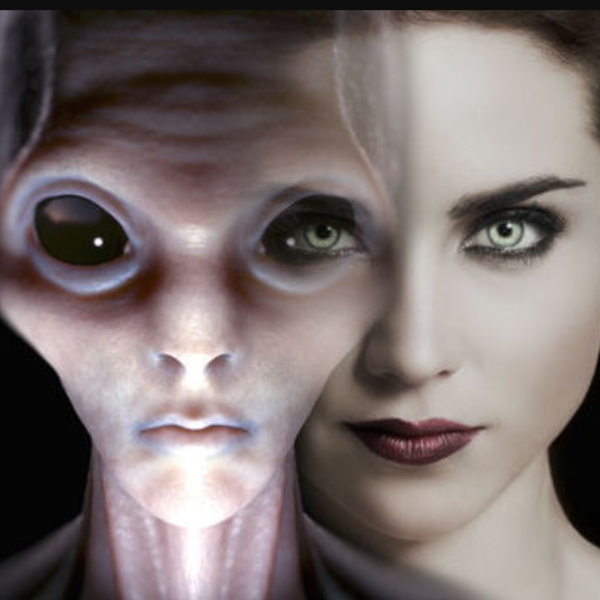The dictionary defines ethnicity as “the fact or state of belonging to a social group that has a common national or cultural tradition," race as “each of the major divisions of humankind having distinct physical characteristics,” and species as “a group of living organisms consisting of similar individuals capable of exchanging genes or interbreeding.” The 11th chapter of "Evolution and Prehistory: The Human Challenge" (10th edition) by William A. Haviland says that race signifies a purely cultural concept. Skin color and ancestry only hold any notice in cultures where it seems to have some social standing and hierarchy, but race has no scientific backing -- ethnicity is the preferred term for anthropologists.
Laypeople will commonly use the term 'race' to signify someone of a different skin tone or cultural background, and they are inaccurately labeling those people. While worldwide there are many different cultures having similar and differing skin tones, there is only one species of human currently, even with the various genetic differences that affect appearance and biology (such as, according to a story by National Geographic, the fact that some people have Neanderthal DNA, which they state is still human DNA). Human beings are human beings and are therefore not a scientifically different race or species, no matter their slightly differing genetic or superficial differences.
The word 'race' has connotations, dating back at least to the 1700’s, of species. It was used in American society to describe blacks and other supposedly lesser subhuman (AKA non-white) ethnicities. This way, they could easily be treated like property or pets instead of benefiting from common human decencies. In the 1700’s, there were only four subgroups of “races” based on distinguishing characteristics, location and food habits.
In the 1800’s, the traits related to race expanded to include behavior and psychology, which often had derogatory or demeaning implications that were then considered to be inherent and unchangeable. This likely lead to some of the concepts, along with some supposed biblical backing, to early American slavery. Some of this thinking was based on a German physician by the name of Johann Blumenbach, who, convinced that Caucasians were descended from the original ideal humans, ranked them superior and considered other “subraces” as “degeneration,” claiming that their migration away from the location of original man and into new environments and climates had degenerated them physically and morally. Current scientists have since realized the many errors in Blumenbach’s work.
Scientists from the 18th and 19th centuries focused on variations in human groups mainly to establish a hierarchy amongst ethnicities, focusing on categorizing them. Today, that type of scientific thinking has been abandoned as the focus has shifted to instead studying and understanding other cultures. In fact, anthropologists try to be aware of their own biases as human beings so as not to let it affect their work.
As someone of color, I don’t like the idea of using other people’s differences to separate them into categories or hierarchies of humans rather than observing and understanding that there is diversity, and culture can bring something interesting to the collective human species. People’s ethnicities shouldn’t be a thing that separates them, but something that brings people together. 'Ethnicity' is a current scientific term that has no negative connotations, while 'race' is a social hierarchy term that is steeped in separation and dehumanizing ideals. It's important to know the difference.





















